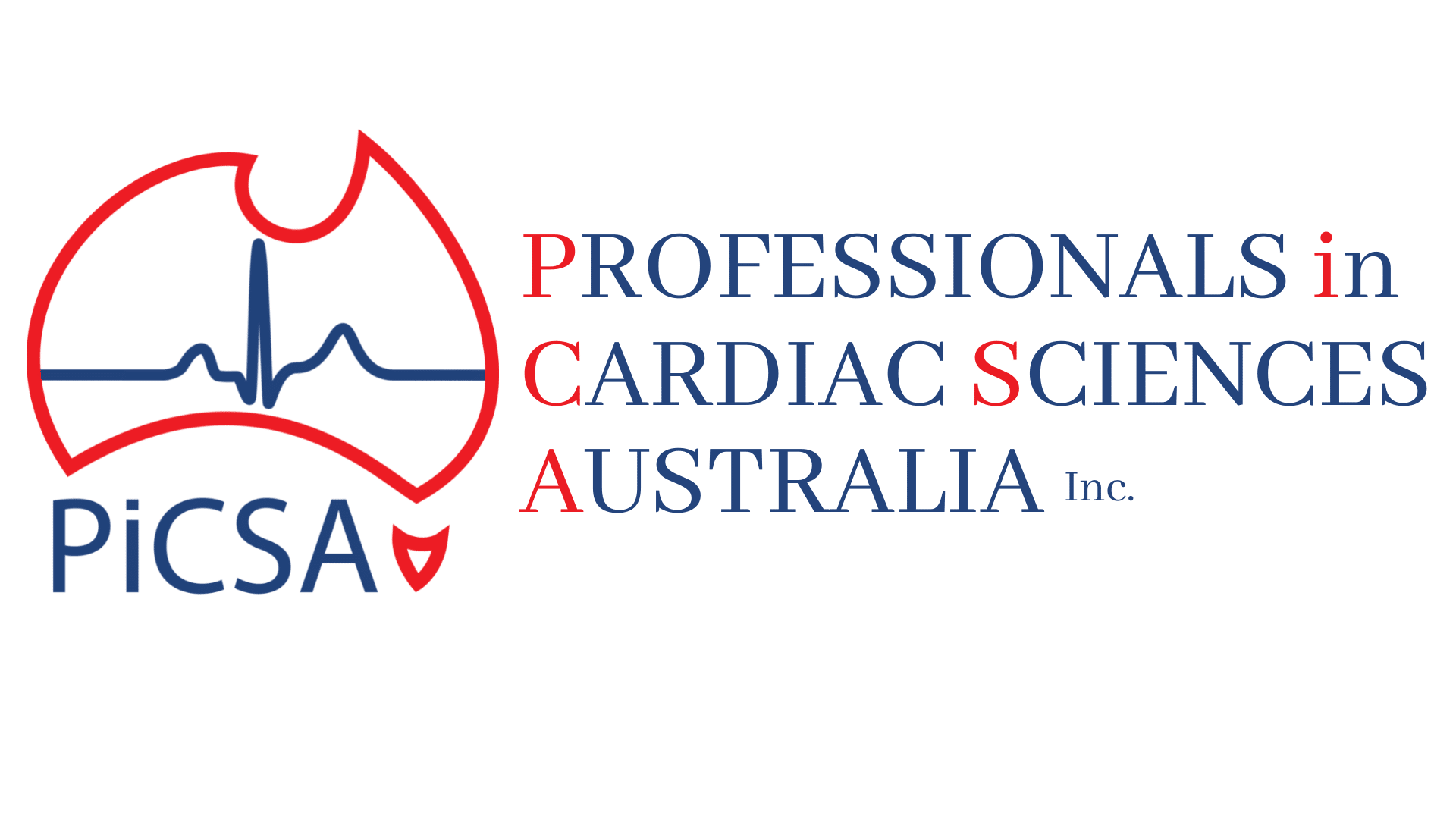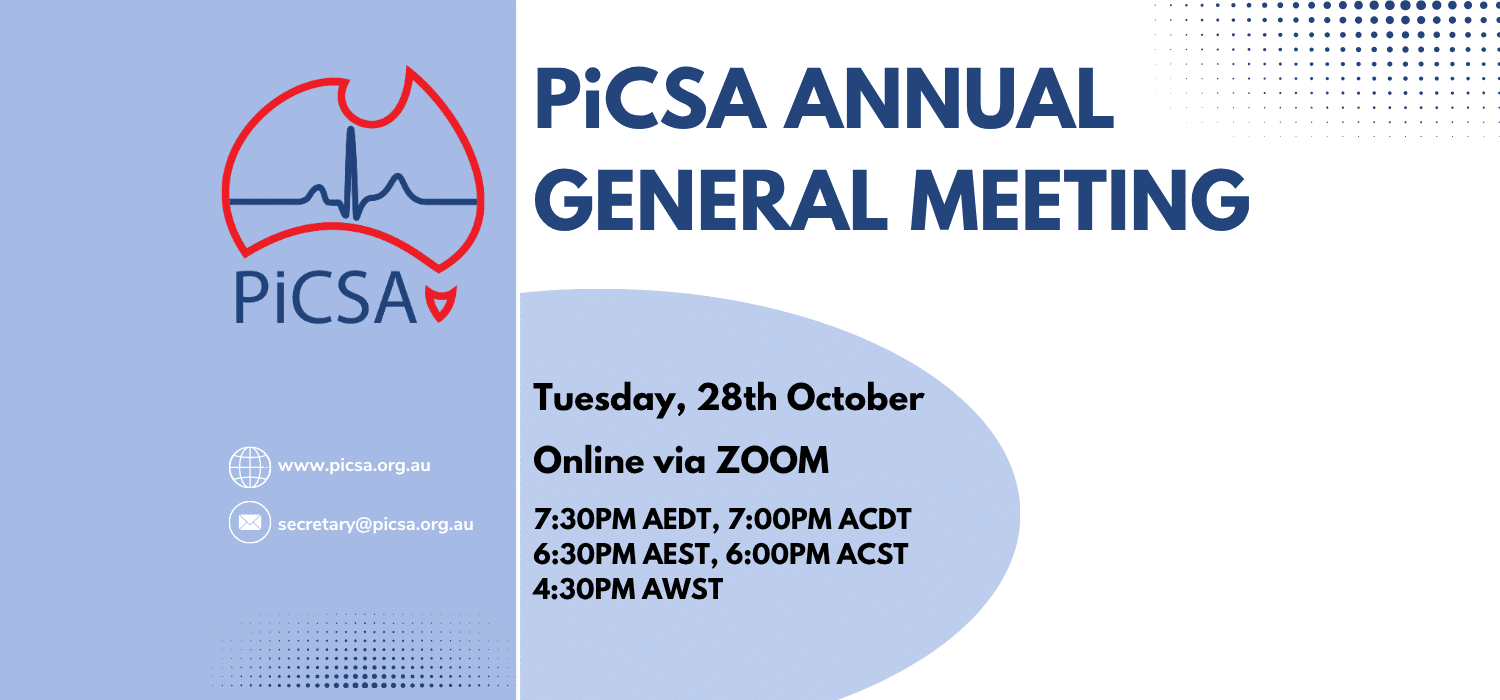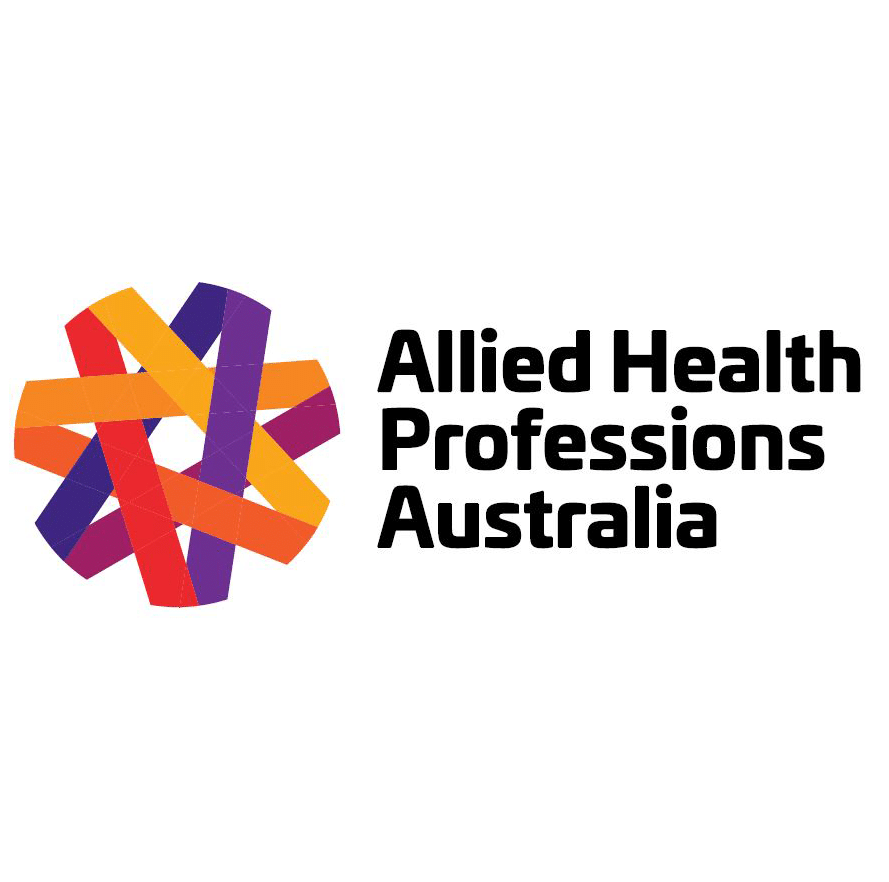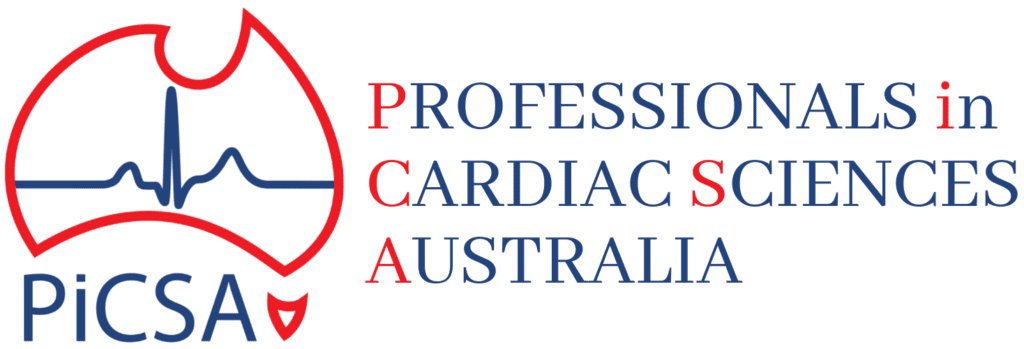The Winter quarter has shown us two things very clearly:
- There’s real momentum behind our profession.
- We still have a long way to go.
Across the country, cardiac physiologists are stepping up — delivering complex care, leading education, and helping health services run more efficiently. But our systems haven’t yet caught up. Role definitions, pay structures, and recognition vary wildly between services, and that’s holding everyone back — patients included.
A Seat at the Table
We’re pleased to share that PiCSA has now achieved membership within Allied Health Professions Australia (AHPA) — the national peak body for allied health. This means cardiac physiology is finally recognised by the Australian Government as a legitimate allied health profession. It’s a step forward that strengthens our voice with governments and policy makers. The AHPA website now includes information about PiCSA and a tidy description of the cardiac physiology profession (that we’re featuring in our Winter newsletter).
Cardiac Device Competencies
PiCSA also launched Australia’s first Competency Standards Framework for Cardiac Implantable Electronic Devices (CIEDs). This framework reflects national best practice and was developed in consultation with national and international experts. It aligns with international guidelines, setting clear standards for non-industry cardiac physiologists working in private and public settings, and is already helping to clarify roles, reduce ambiguity, and promote safe, team-based care.
Hearing from Every Corner
One of our most meaningful events this quarter was a national online meeting with senior cardiac physiology leaders from almost every state and territory. The message was clear: while the passion and talent are there, the support isn’t always equal. Some teams are thriving, with clear career pathways and multidisciplinary integration. Others are struggling — short-staffed, siloed, and working without proper recognition or training time.
We’ll keep amplifying these voices until we see change.
Contributing to Conferences
Our members supported the Heart Rhythm and Allied Health and Technology Councils of the Cardiac Society of Australia and New Zealand (CSANZ) to organise and deliver the CSANZ Allied Professional Heart Rhythm Education Day: a new cardiac physiology event attached to a long-established major national scientific meeting.
PiCSA also helped deliver the inaugural National Clinical Physiology Education Hub, which brought together professionals across four allied health disciplines — cardiac (PiCSA), respiratory (ANZSRS), neurophysiology (ANSA), and sleep (ANZSSA). Our ECG workshops were a highlight, providing a structured 3-hour course with hands-on training using a simulator generously provided by Virtual Know How.
Sonographer Scope of Practice
PiCSA has also contributed to the national Sonographer Scope of Practice initiative, led by the Australasian Sonographers Association (ASA). This important work is now open for feedback, and we invite our echo physiologists/cardiac sonographers to have their say: https://www.sonographers.org/article/feedback-open—draft-scope-of-practice-defines-entry-level-scope-for-australian-sonographers
What’s Next
We know that real progress doesn’t happen overnight — but it does happen when enough people pull in the same direction.
We’re working toward a future where cardiac physiologists are not only recognised, but supported:
With proper structures.
With national consistency.
With clear professional pathways.
We’re not asking for special treatment — just fair and consistent recognition of the work that’s already happening every day in hospitals and cardiac clinics across the country.
If you’re reading this as a health leader, university educator, policy adviser, or union rep: we’re ready to work with you. Let’s make this profession — and the healthcare system around it — stronger for everyone.
Warm regards,
Miriam Norman
Chair, Professionals in Cardiac Sciences Australia (PiCSA)








